Google Ads and Current Advertising Cost Optimization Techniques
Google Ads Challenges and Opportunities in Advertising
Google Ads in the context of increasingly difficult and competitive advertising, marketers need not only to optimize advertising but also to optimize costs by using budgets more effectively, targeting potential customers correctly, and maximizing conversion rates. This article will introduce you to many Google Ads advertising techniques that have been proven effective in practice.
Understanding Google Ads Advertising Costs and Key Metrics

CPC (Cost Per Click)
- The average cost you pay for each click on your ad. A high CPC can be driven by competitor bidding, keywords, landing page quality, etc.
CPA (Cost Per Action)
- The cost per desired action (such as placing an order, registering, contacting). Optimizing CPA helps you assess the true effectiveness of your advertising.
ROAS (Return on Ad Spend)
- The return on advertising spend. The higher ROAS > 1, the better. Helps you identify which strategies are profitable.
Key Optimizations to Consider in Google Ads
Optimizing Costs from a Campaign Perspective

Allocate budget according to campaign and objective: Clearly defining objectives (such as sales, increased traffic, lead collection) helps allocate budgets flexibly to effective campaigns based on ROAS.
Choose the right campaign type (Search, Display, Video...): Optimize Search for people who already have a need. Combine Retargeting with Display/Video to stay top-of-mind and increase awareness.
Optimize Google Ads by Geography, Device, and Audience
- Devices, regions, or audiences with low performance should be limited or have their ads turned off. Leveraging geotargeting helps increase conversion rates.
Optimizing Campaign Structure to Save Budget in Google Ads
- Categorize campaigns by objective: Create separate campaigns for each objective: conversions, visits, calls, or remarketing. This helps Google optimize effectively for each campaign.
- Divide ad groups by specific keywords: Use SKAG (Single Keyword Ad Group) to group keywords corresponding to ad copy. This technique improves quality scores, increases click-through rates, and reduces CPC.
- Prioritize high-converting keywords: Analyze keywords with the best ROI in the past and increase investment in them. At the same time, eliminate or reduce budgets for expensive but ineffective keywords.
Optimizing Smart Bidding Strategies
- Apply Smart Bidding strategies: Utilize tools like Maximize Conversions, Target CPA, or Target ROAS for Google to automatically adjust bids based on user behavior data.
- Adjust bids by time and geographic location: Increase or decrease bids based on time of day, day of the week, or regions that deliver higher performance. This is a way to optimize cost allocation based on customer behavior.
- Use ad scheduling settings: Avoid running ads 24/7 if it's not necessary. Focus the budget on the times when customers are most likely to convert.
Optimizing Ad Copy to Improve Conversion Efficiency
- Write compelling ad content that matches search queries: Ensure keywords appear in the title and description. Use clear CTAs like "Sign up now", "Get a free quote", "Buy today".
- Leverage ad extensions: Extensions such as sitelinks, callouts, structured snippets, and call extensions help expand ads, increase click-through rates, and improve quality scores.
- A/B test multiple ad copies: Always experiment with two or more versions of the ad to find the most effective content. Use data to make decisions to change.
Optimize Landing Page to Reduce Costs and Increase Conversions
The landing page needs to have a fast loading speed, be optimized for mobile, and have a clear CTA. A concise layout, chatbot integration, short forms, and synchronization with advertising keywords help increase Quality Score and reduce CPC.

Analyze data and adjust continuously: Use Google Analytics, Tag Manager, Data Studio to track and analyze. Continuously A/B test ad copy, optimize landing pages, and find the best version.
Keyword and Google Ads Optimization Techniques

Find and Filter Budget-Consuming Keywords
- Removing negative keywords helps reduce costs due to irrelevant terms. Use Exact or Phrase Match instead of Broad Match to increase standard click-through rates.
Use SKAG (Single Keyword Ad Group)
- Break down ad groups by keyword to personalize ad copy, helping increase quality scores and click-through rates.
Optimize Ad Copy
- Use strong CTAs, add reviews, statistics, and social proof to increase conversion rates.
Improve Landing Pages to Reduce CPA and Increase Conversions
Optimize Page Loading Speed
- Slow landing pages will cause users to leave and increase bounce rates. Use tools like PageSpeed Insights to improve speed.
Design a Friendly, Clear Interface
- The interface needs to be easy to navigate, with prominent CTAs and short registration forms. Optimize for both mobile and desktop devices.
Synchronize Content with Ad Copy
- The landing page needs to accurately reflect the promised ad content, which helps increase quality scores and conversion rates.
Leverage Suitable Campaign Formats in Google Ads
Search Ads
- Suitable for customers who already have a clear need. Optimize based on high-converting keywords.
Display Ads
- Use to build brand awareness or retarget customers who have interacted with the website.
Video and YouTube Campaigns
- Effective in building awareness and creating initial impressions. Combine with a conversion strategy at a later stage.
Performance Max
- Combines all Google channels (Search, Display, Video, Shopping, Gmail) with machine learning to optimize the entire customer journey.
Filter and Exclude Budget-Wasting Factors in Google Ads
Use Negative Keywords
- Helps exclude irrelevant queries. Update the list regularly to save budget and increase accuracy.
Block Ineffective Locations or Devices
- Based on performance reports, exclude display locations that do not yield results.
Control Keyword Match Types
- Prioritize Exact Match or Phrase Match to control queries and limit incorrect targeting.
Leverage Data and Analytics Tools
Google Analytics and Tag Manager
- Connect to Google Ads to analyze user behavior, bounce rates, time on page, etc., thereby improving advertising strategies.
Data Studio
- Create real-time performance monitoring dashboards to make quick decisions.
Set up Enhanced Conversions
- Helps measure post-click behavior more accurately, even without using cookies.
Real-World Case Study: From Theory to Results
An e-commerce business in Ho Chi Minh City reduced advertising costs by 38% in 3 months thanks to
- Applying SKAG to main keywords
- Switching to Target ROAS
- Optimizing the landing page with a friendly website interface and a loading time of <3 seconds
- Implementing a Performance Max campaign
Results: CPC decreased, CTR increased by 40%, and ROAS nearly doubled.
Contact Information
- MIMA Trading and Service Company Limited
- Address: 31/3B Ap Thoi Tu 1, Dong Thanh Commune, Ho Chi Minh City.
- Phone: 0909 035 333
- Website: https://mimadigi.com
- Email: info@mimadigi.com


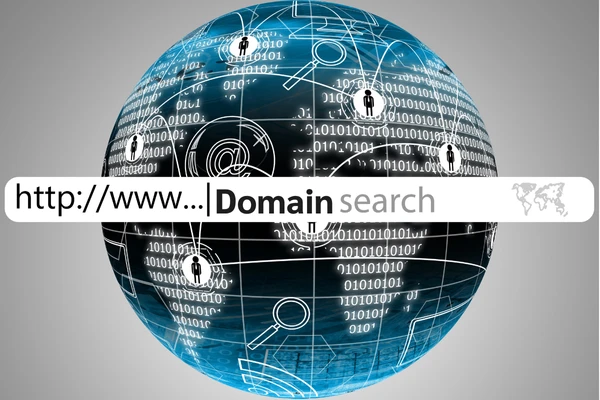

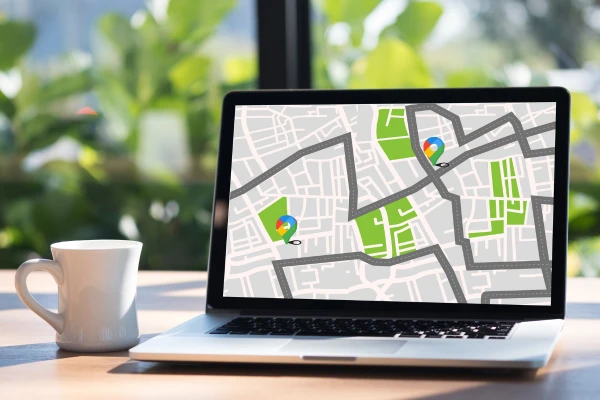
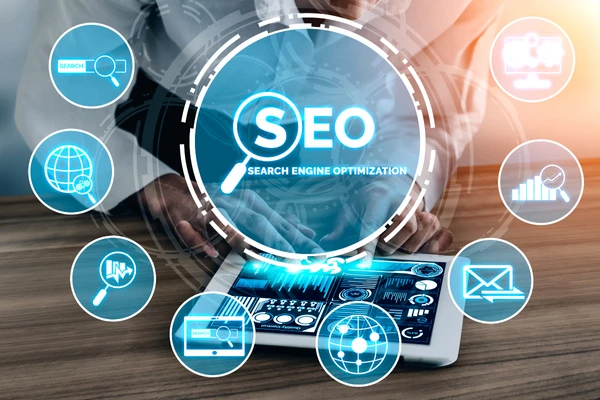


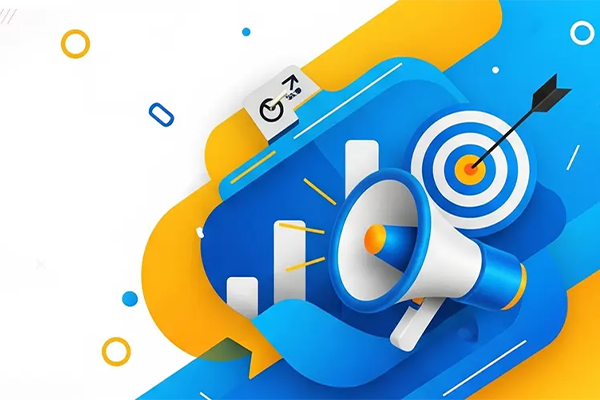
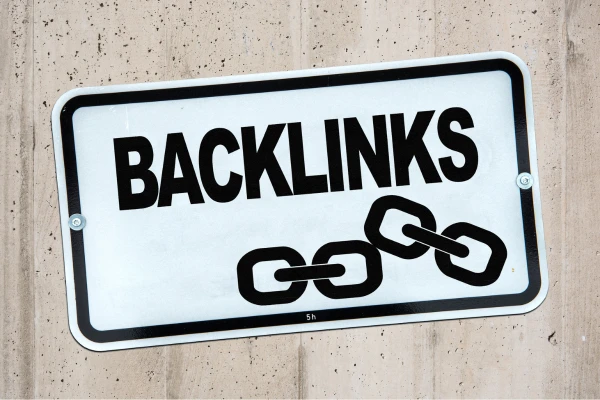

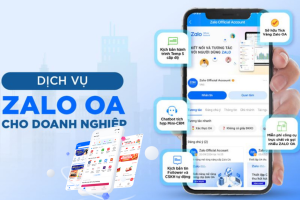
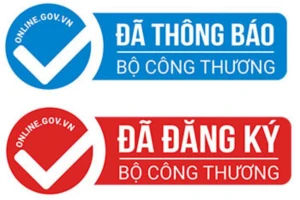
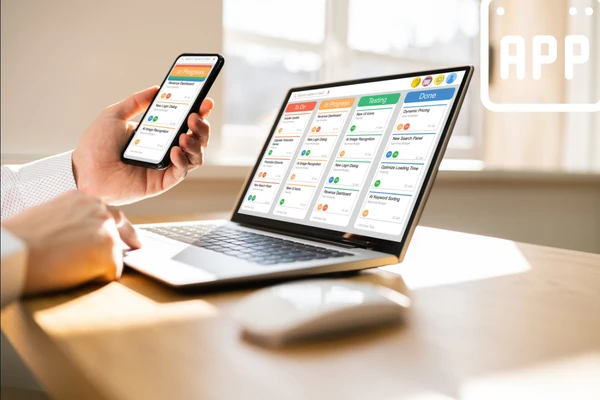

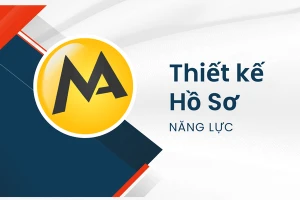



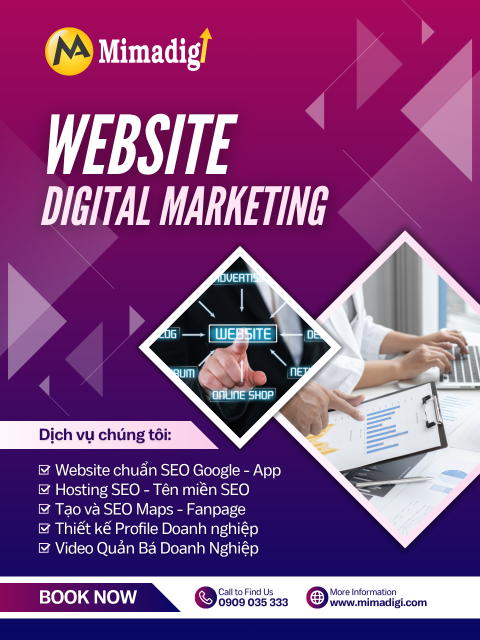






Share your review